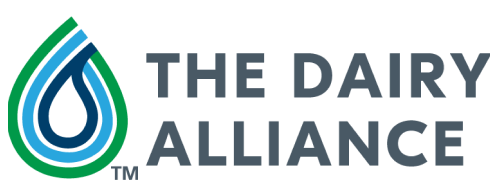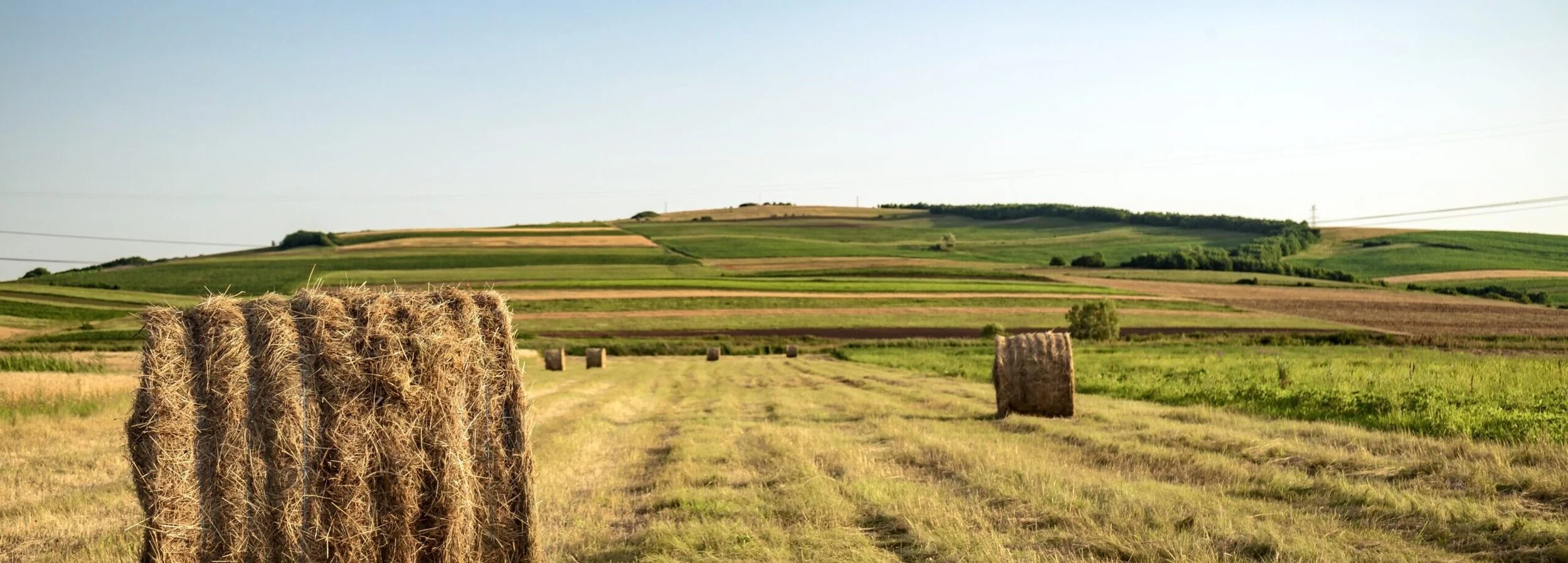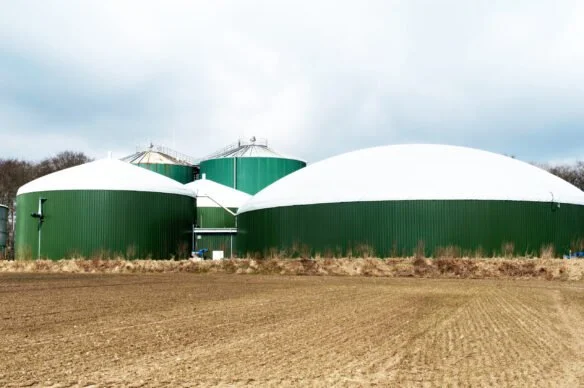Dairy and the Environment: Manure and Soil Management
Last week we looked at the connection between dairy and the environment, specifically at claims that dairy farm sizes are environmentally unsustainable and the numbers that disprove that. Here’s another claim you may see online: it must not be the cows themselves, but the poor handling of manure produced and unsustainable feed production which contributes to climate change. So how accurate is this online argument?
One fact quickly disproves this. Dairy farmers are held to strict environmental standards. Dairies follow regulations from the Environmental Protection Agency, Natural Resources Conservation Service, state departments of agriculture, and local governments.
But delving deeper, one byproduct of dairy farming that is often negatively portrayed online is actually a resource for the dairy industry and surrounding community: manure.
Dairy and the Environment
Manure is more than a cow patty in a field. Dairy farmers reuse this waste in many ways, like its use in sustainable feed production. Manure is used as fertilizer to improve soil’s productivity on and off the farm. Farmers often grow cow feed on the farm, so this manure is put to good use.
To protect the soil, reduced or non-till methods are implemented to keep the soil intact. Rotating the crops grown throughout the year also helps maintain the soil’s health. These cover crops slow erosion, keeping the soil better maintained for more productive harvests. Depending on demand, the manure can also be hauled to other producers in the area.
Dairy farms follow manure recycling plans that are continually updated to reflect new technologies and regulations. To develop better plans, dairy farmers invest in finding new ways to protect natural resources.
Anaerobic digesters are one of the new technologies that some farms are building to harness the energy of manure. A digester decomposes cow manure and captures the gases released. These captured gases provide fuel for the farm or surrounding community and can be used for electricity, heat, compressed natural gas, and even vehicle fuel.
It is clear to see that, despite the misinformation spread online, dairy farms are accountable for waste management practices and the animals on their land.





